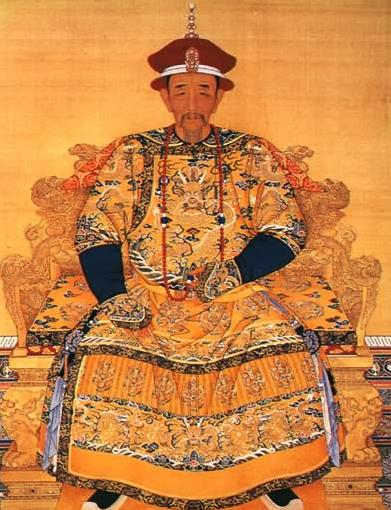Top 10 greatest emperors in China
- By Elaine Duan
 0 Comment(s)
0 Comment(s) Print
Print E-mail
China.org.cn, December 1, 2010
E-mail
China.org.cn, December 1, 2010
In ancient China, an emperor enjoyed the ultimate power and often determined the fate of the nation. Over five thousand years of history, China has witnessed 67 dynasties with 446 emperors. Among them the following ten emperors have won the greatest respects from their people for their outstanding achievements in social development.
|
Kangxi |
Emperor Kangxi (1654-1722) was the longest-reigning emperor in the history of China. Under his 61 years of reign from 1661 to 1722, the empire improved in wealth and most of the time enjoyed peace and prosperity.
Kangxi was the second emperor of the Qing Dynasty. He was a master in Confucianism. His rule was for the most part tolerant and conciliatory. He solicited recalcitrant ethnic Han Chinese scholars to help in the compilation of the Ming history with a desire to lessen their opposition.
During his early reign, Kangxi cracked down on the rebellious plot of Aobai, one of the four ministers appointed to assist him to administrate the country when he ascended the throne at the age of eight. He also pacified the revolt of the three feudatories governed by three surrendered generals from the former Ming Dynasty under the policy "letting the Han Chinese govern the Han Chinese" initiated by the Qing government.
The emperor brought the Yellow River under control, fulfilled his promise "Never raise taxes" to his people and recaptured Taiwan as a part of Fujian Province.
By those actions, the imperial power become stronger and the society became stable, which paved the way for the economic development of Qing dynasty.







